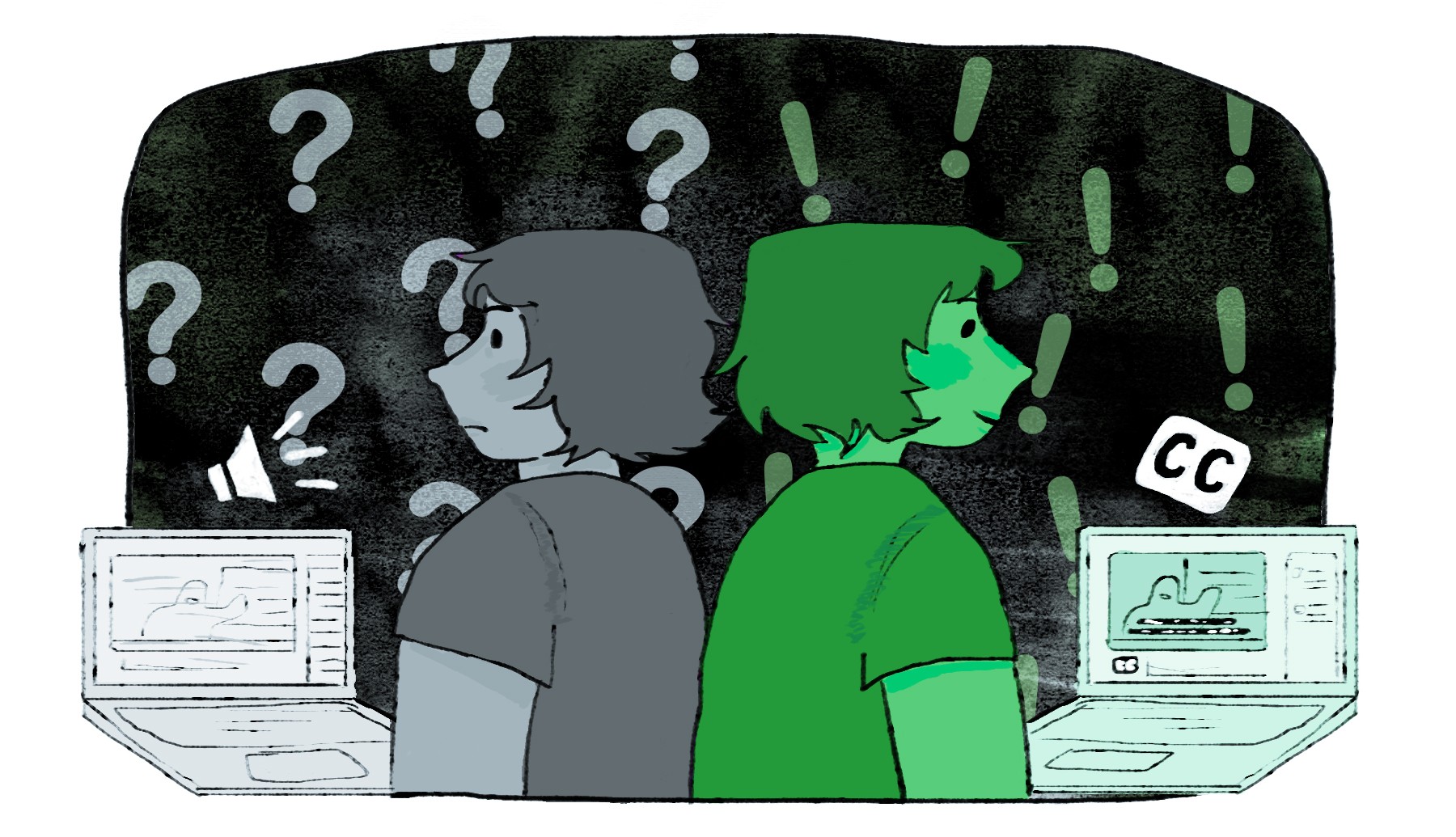The Disability Resource Center is developing a system to make video captions and subtitles a universal standard for learning in classes at the University of Minnesota.
Typically students who may need captioned content file for an accommodation through the DRC. However with an inclusive or universal approach to learning, every component of a class would be captioned automatically.
“In inclusive or universal design, it’s best practice to have everything captioned because that way you can make things more accessible or reinforce the learning for all learners,” said Donna Johnson, director of the DRC.
This effort has progressed throughout the COVID-19 pandemic as the services offered through the DRC have switched to a completely online format.
“More meetings are accessible to people, including English language learners and people who benefit from reading and hearing the message at the same time,” Johnson said. “Things like that have been worked on and pushed forward in this period in a way that they might not be if we weren’t in the pandemic.”
Individual departments and instructors at the University usually collaborate with the DRC and the Office of Information Technology to implement captioning in classes. Artificial intelligence programs like Kaltura and Otter are used to produce the captions and subtitles.
Professors can also elect to have captions produced professionally for a fee.
“There are different options, and when we use that tool ourselves to create a captioned video, we typically use the [option] that’s produced in a 24-hour turnaround. That option is $1.25 a minute,” said Emily Paul, assistant director of media accessibility for the DRC.
Due to many online classes taking place on Zoom throughout the spring and summer terms, leaders at the University and DRC have implemented a system for producing live captioning.
“The University of Minnesota has been a partner with Zoom in live auto captioning that makes auto-generated captions available in live Zoom sessions … The captions aren’t perfect, but they’re used,” Johnson said.
Some faculty and students may not be aware of the captioning services offered through the University, Paul said.
“I think just more education, just more messaging to go out and more conversation around the importance of captioning is important — not just for accommodations and disabilities but for important messaging in general,” Paul said.
Active Minds, a mental health advocacy student group on campus, is making an effort to communicate resources available through the University with group members, group president Melanie Iversen said.
“In our student group we still make sure that students are aware that there is the Disability Resource Center, there is mental health support and there’s a lot of different resources that are already provided,” Iversen said.
Looking ahead, the DRC will work with the University to make instructional design more universal.
“My hope is that creating classes to be more inclusive for everyone becomes the new norm,” Johnson said. “We have tested this period to see how we can create access for everyone in a creative, equitable manner.”








